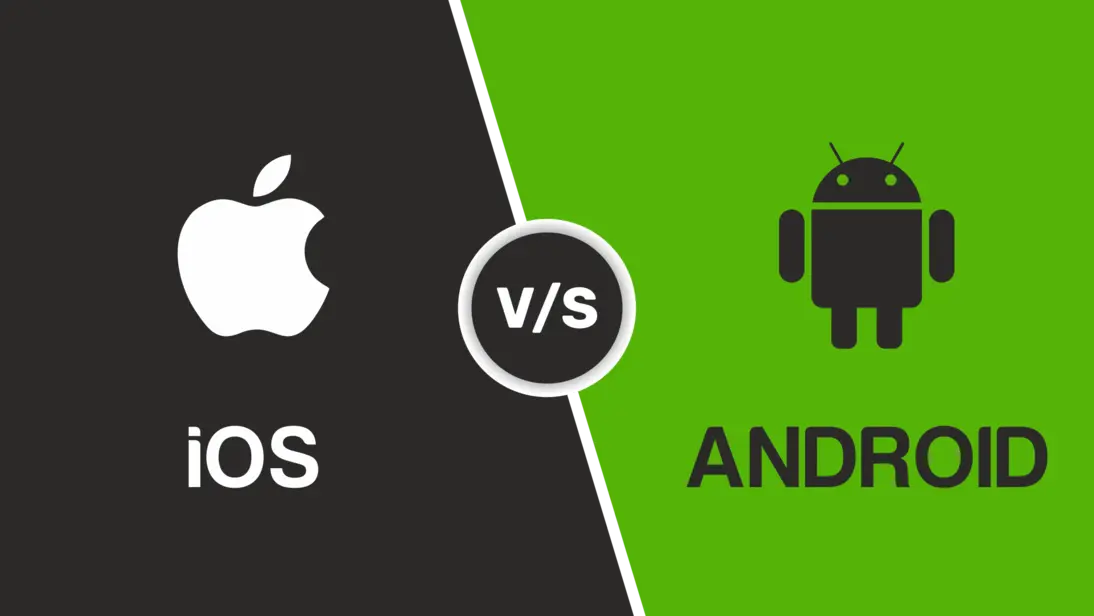Disadvantages of iPhone over Android
When choosing between iOS (Apple) and Android (Google), the decision often comes down to personal preference, budget, and specific needs. Both ecosystems have evolved significantly, offering unique advantages and drawbacks. This comparison will help you determine which suits you best.
1. User Experience & Customization
- iOS: Known for its smooth, polished, and user-friendly interface. The experience is consistent across all Apple devices.
- Android: Offers more flexibility and customization, allowing users to modify their home screens, install third-party launchers, and tweak system settings.
✅ Best for:
- iOS: Simplicity & consistency.
- Android: Customization & flexibility.
2. Hardware & Device Variety
- iOS: Apple tightly controls its hardware and software, leading to seamless integration but fewer device choices (iPhone, iPad, Mac).
- Android: Available on devices from various manufacturers (Samsung, Google, OnePlus, Xiaomi, etc.), catering to different budgets and preferences.
✅ Best for:
- iOS: Premium, well-optimized hardware.
- Android: Wide range of devices, from budget to flagship.
3. App Store & Software Updates
- iOS: Apps on the Apple App Store are more regulated, leading to higher security and better optimization. Regular software updates are available for all compatible devices.
- Android: Google Play Store offers a broader selection, but with less strict quality control. Updates depend on manufacturers, leading to fragmentation.
✅ Best for:
- iOS: Faster updates, better app security.
- Android: More app variety, but slower updates.
4. Privacy & Security
- iOS: Prioritizes privacy with features like App Tracking Transparency and frequent security updates.
- Android: Offers security features but is more vulnerable due to its open-source nature and fragmented updates.
✅ Best for:
- iOS: Stronger privacy & security.
- Android: More freedom but requires careful app management.
5. Ecosystem & Compatibility
- iOS: Integrates seamlessly with Apple products (Mac, iPad, Apple Watch, AirPods, etc.), creating a unified ecosystem.
- Android: Works well with Google services and is more compatible with a variety of third-party devices.
✅ Best for:
- iOS: Apple users who want a connected experience.
- Android: Users who prefer cross-brand compatibility.
6. Price & Affordability
- iOS: Generally more expensive, with limited budget options.
- Android: Available in all price ranges, from budget to premium.
✅ Best for:
- iOS: Those who can afford premium pricing.
- Android: Those who want more affordable choices.
7. Gaming & Performance
- iOS: Optimized hardware and software deliver smooth performance with fewer bugs. Apple’s App Store offers exclusive, high-quality games.
- Android: Offers high-performance gaming phones but may have variations in optimization due to different manufacturers.
✅ Best for:
- iOS: Stable, high-quality gaming experience.
- Android: More gaming-focused devices (like ASUS ROG Phone, Red Magic, etc.).
Here’s a table chart comparing iOS and Android across various factors:
| Feature | iOS (Apple) | Android (Google) |
|---|---|---|
| Customization | Limited (only widgets, icons) | Highly customizable (themes, launchers, widgets, ROMs) |
| App Store & Availability | Apple App Store (strict app approval process) | Google Play Store & third-party stores (less restrictive) |
| Ecosystem Integration | Seamless Apple ecosystem (Mac, iPad, Apple Watch, AirPods) | Works with multiple brands and ecosystems (Google, Samsung, etc.) |
| Software Updates | Regular and long-term updates (5+ years) | Varies by manufacturer; some get updates for 2-4 years |
| Security & Privacy | Strong security, better app permissions | Good security, but more vulnerable due to open-source nature |
| Device Variety | Limited (only iPhones) | Wide range (budget to flagship models) |
| Price Range | Expensive premium devices | Budget-friendly to premium flagship options |
| Voice Assistant | Siri (limited compared to Google Assistant) | Google Assistant (more accurate and feature-rich) |
| Default Apps & Services | Apple apps (Safari, iMessage, FaceTime) | Google apps (Chrome, Google Messages, Duo) |
| File Sharing & Transfers | AirDrop (fast and seamless between Apple devices) | Nearby Share, Bluetooth, and third-party apps |
| Gaming Performance | Optimized hardware & software for gaming | More variety, but performance depends on device specs |
| Multitasking & Productivity | Limited split-screen support (only on iPads) | Full multitasking support (split-screen, pop-up view) |
Final Verdict: Which One Should You Choose? Disadvantages of iPhone over Android
- Choose iOS if you want: A seamless, secure, and premium experience with regular updates and ecosystem integration.
- Choose Android if you want: More customization, a variety of device options, and better affordability.
👉 Ultimately, the best ecosystem depends on what matters most to you!



